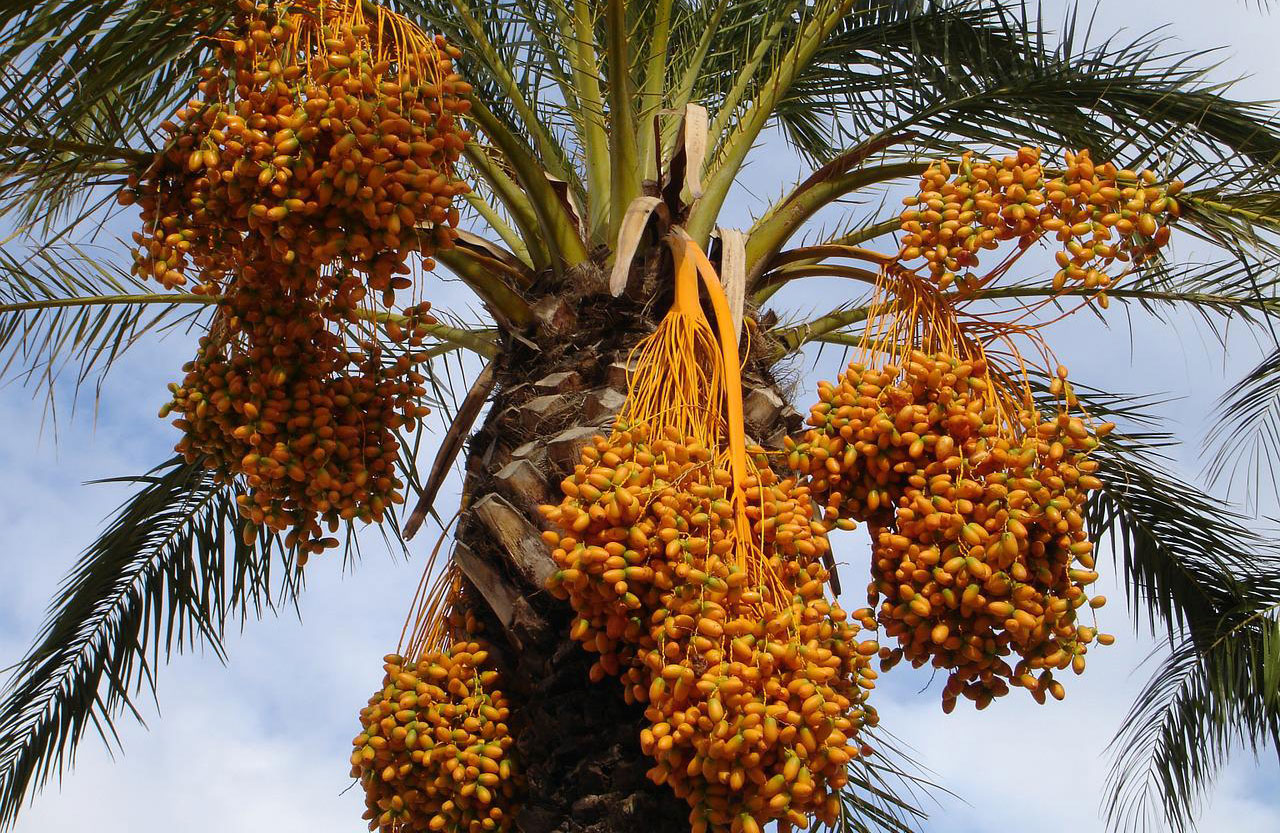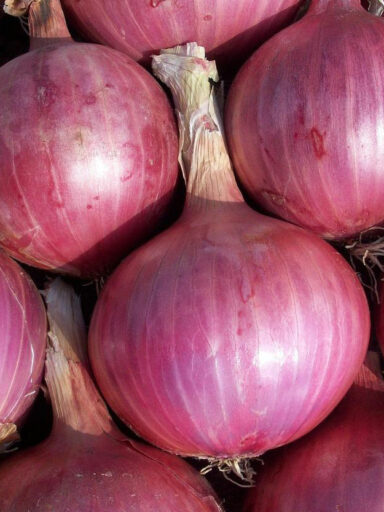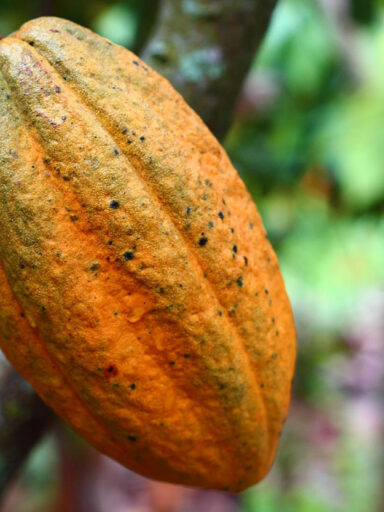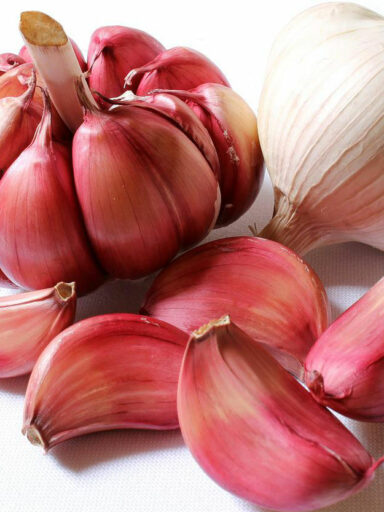The date is the edible fruit of the date palm tree. It is a distinct sweet and delicious fruit that groups in warm tropical regions the world over. It has been eaten by the Arabs as a staple food primarily in the Middle East and is now widespread virtually everywhere around the world.
The plant with the scientific name Phoenix dactylifera comes from the Arecaceae family. The tree is believed to have originated from the regions around Iraq, ancient Mesopotamia, or the Nile regions. It grows best in tropical and subtropical regions around the world.
The tree grows to about 20 to 25 meters tall with leaves that reach 4 to 6 meters long. Each leaf bears about 150 leaflets which reach about 30 centimeters long. The leaves are clustered around the top at the crown of the tree. The plant does best in well-drained sandy soil free from calcium carbonate.
The fruit which is a drupe grows to about 3 to 7 centimeters long and 2 to 3 centimeters in diameter. They contain a single stone and ripen to bright red or yellow in color.
There are three cultivar varieties, soft, semi-dry, and dry. The types depend on the glucose, fructose, and sucrose content. They all start to bear fruit between 4 and 8 years after cultivation. Generally, dates ripen in four stages namely (In Arabic) kimri (unripe), khlal (full-size, crunchy), rutab (ripe, soft), tamr (ripe, sun-dried).
The trees can produce between 70 and 140 kilograms of yield per harvest season which spreads over several harvests as not all the fruit ripens at the same time.
The world’s top producers of dates are Egypt, Iran, Saudi Arabia, Iraq, and Pakistan respectively. Other nations include the United Arab Emirates, Algeria, Sudan, South Sudan, and Oman.
The date fruits can be found in stores all year long but the best quality can be found from September to December. They can be sold either soft, semi-dry, or dried. They are generally stored in glass jars and can keep for several months at home stored in an airtight jar in a cool and dark place.
How to Prepare the Date for Consumption
Dates are usually sold in stores ready to eat. Should you buy from marketplaces, you should take some time to wash them under running water to remove dirt and soil particles.
The dry and soft dates are usually eaten out of hand as a delicious and refreshing snack. The pitted dates are usually stuffed with other ingredients such as nuts like almonds and walnuts. They can also be stuffed with cream cheese or candied orange and other citrus fruits.
They can also be added to fruit salads and savory salads in small quantities. They can be found in Christmas puddings, sweet bread, cakes, buns, and various other middle eastern dishes. Generally, you want to follow the respective recipes on quantities and methods to use in different dishes.
Commercially the date can be turned into juice, syrup, vinegar, and alcohol. It is also an ingredient in the HP Sauce condiment.
Nutritional and Health Benefits
Dates are rich in dietary fiber, vitamins, minerals, carbohydrates, and phytonutrients. They contain no cholesterol and give out 277 calories per 100 grams. They contain trace amounts of oils and fats.
They are a good source of B-complex vitamins such as pantothenic acid, pyridoxine, niacin, and folates. It also contains a good amount of vitamin A.
The date fruit is a rich source of potassium, copper, iron, magnesium, manganese, and phosphorus. Others are calcium and zinc.



